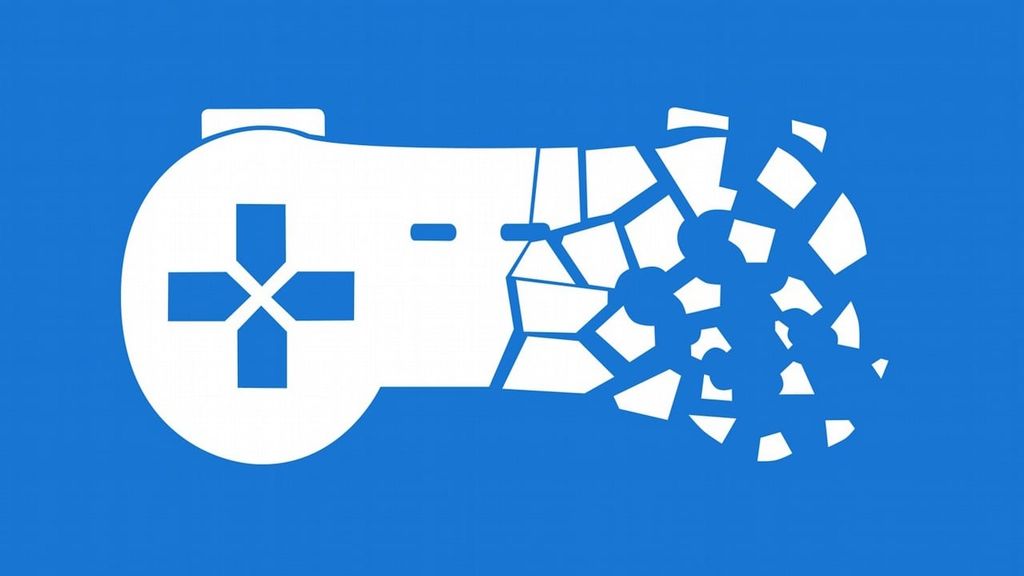
Concord, Cities: Skylines 2, and the acquisition of Electronic Arts – these are just a few examples that came up during the heated debate in the British Parliament about the Stop Killing Games initiative. The campaign, supported by thousands of players around the world, reached the government table after nearly 190 thousand people signed the petition on this matter.
The government is not changing the law but sees the problem
The government of Great Britain is currently not planning any changes to the regulations that would protect the "life" of games after they are discontinued by publishers. As Stephanie Peacock, the minister for sports, tourism, and youth, noted, the state understands the concerns of players, but in practice, enforcing such regulations would be exceptionally difficult.
According to Peacock, many games are built on network architectures that cannot be easily transformed into offline versions, and imposing a requirement to maintain them "by force" could discourage developers from taking risks. However, the government wants publishers to provide more transparent information about consumer rights and the potential lifespan of the game.
Members of Parliament: This Could Be the Beginning of the End for Digital Ownership
However, not all parliamentarians were convinced by these arguments. Henry Tuffnell from the Labour Party pointed out that the failure of Concord – Sony's shooter that lasted less than two weeks – shows that players should know how long a game will be supported. Meanwhile, Tom Gordon from the Liberal Democrats noted the potential complications in the acquisition of Electronic Arts, which could spread the responsibility for maintaining games among several owners.
The strongest voice came from Mark Sewards, who warned against “the erosion of property rights”: “If we do not take action now, this model could spill over into other industries. It's better to act early than to struggle against an entrenched scheme later.”
Government Guidelines Instead of Law
Although new regulations are not planned, the government is considering having the Chartered Trading Standards Institute prepare official guidelines for the industry. These would require publishers to provide buyers with complete information about their rights – including any limitations on access to the game after it is “closed.”
The debate has shown that while the government is leaning towards caution, the pressure from the gaming community is increasing. And this is only the beginning – for the European Parliament has yet to hold its own debate on Stop Killing Games. If Europe goes further than the United Kingdom, the topic may return with even greater force.
 Katarzyna Petru
Katarzyna Petru












